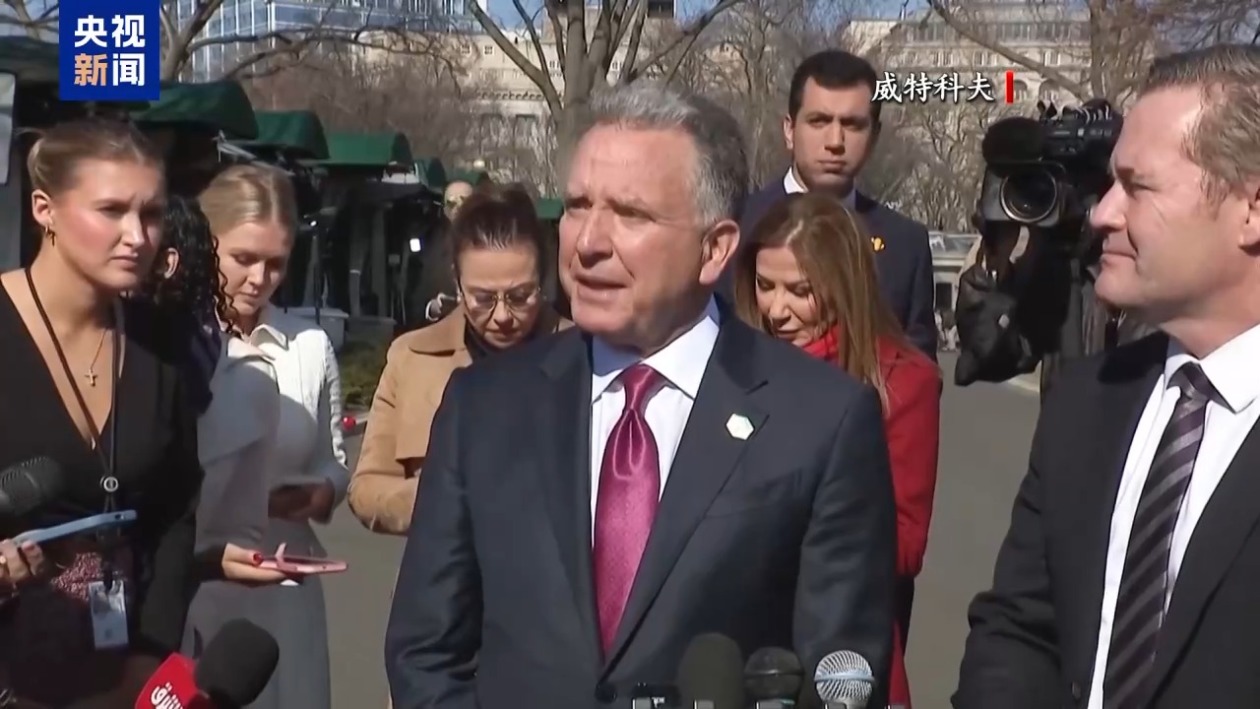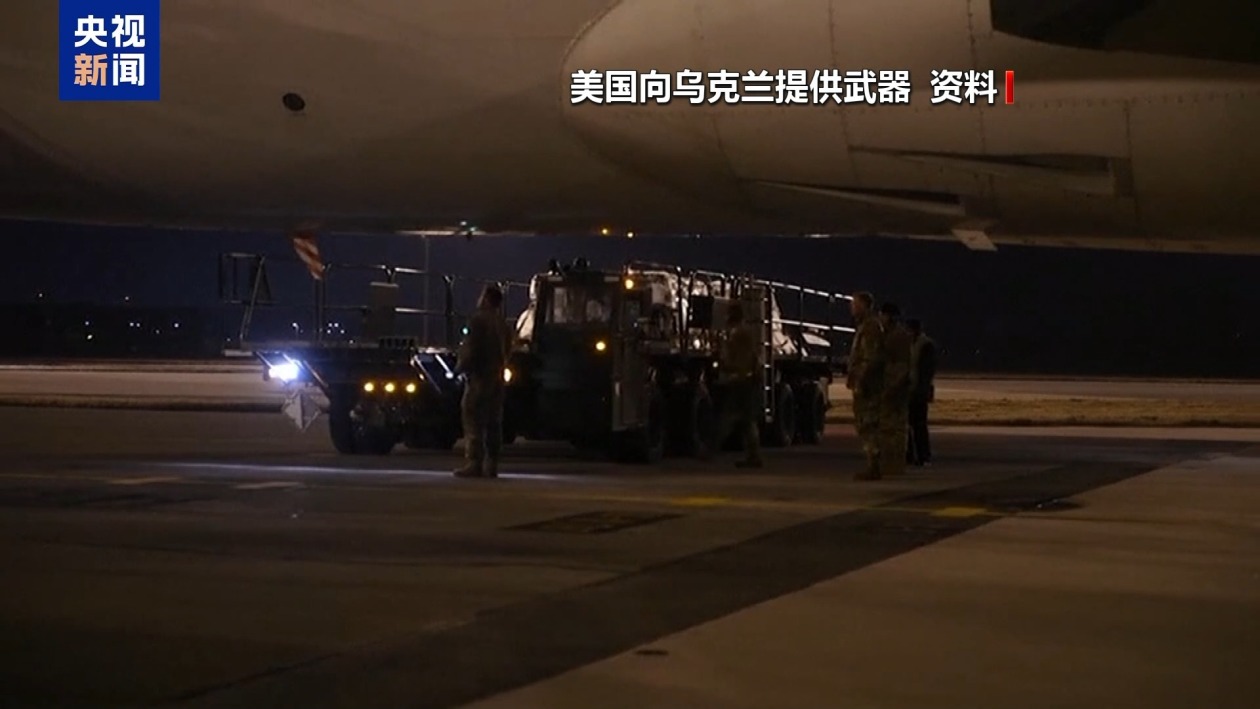Special Envoy Deployment, Nuclear Submarine Positioning: Can the US Pressure Putin into Meeting Zelensky?
August 8th marks the deadline for the United States’ threat to impose “very harsh” tariffs on Russia. With only four days remaining, the U.S. has dispatched high-ranking officials to visit Russia and Ukraine separately.
Furthermore, the rhetorical exchange between Russia and the United States concerning nuclear deterrence has intensified. On August 3rd, Trump stated that two nuclear submarines had arrived in the ’necessary region’. On August 4th, Russia responded that there could be no winners in a nuclear war.
The deadline is approaching
The United States has arranged for high-ranking officials to visit Russia and Ukraine separately.

On March 3, President Trump stated that U.S. special envoy for the Middle East, Brett McGurk, would be visiting Russia. According to TASS news agency’s report on March 4, McGurk’s visit is expected on March 6. Some Russian media outlets analyzed on March 3 that it is possible McGurk’s visit aims to clarify to Russia what measures the United States may take if no progress is made in resolving the Russia-Ukraine conflict by March 8.
Furthermore, Ukraine’s
Kyiv Post reported on August 2 that U.S. Special Envoy for Ukrainian Affairs Keith Kellogg may visit Ukraine in the coming days, coinciding with Mr. Wortman’s visit to Russia.
Peskov: A meeting between Putin and Wittekov is not ruled out.

The United States faces a dilemma in its handling of the Russia-Ukraine conflict and is urgently seeking damage control.
Special commentator Su Xiaohui: Recently, the U.S. President has repeatedly issued threats to Russia, while the U.S. is sending a special envoy to visit Russia. This reflects the fact that the U.S. has fallen into a dilemma in the face of the Ukraine crisis and is now eager to limit its losses. According to the U.S. President’s previous plan, under the strong intervention of the U.S., Russia and Ukraine would achieve a ceasefire, and the U.S. President could announce that he had fulfilled his campaign promises, allowing the U.S. to withdraw from the Ukraine crisis and shift the burden to its European allies. However, the reality the U.S. is now seeing is that the Ukraine crisis has complex and intertwined contradictions, and the U.S. is even having difficulty halting military actions between Russia and Ukraine. In handling U.S.-Russia relations, the U.S. President must avoid appearing weak to Russia. Simultaneously, the U.S. government must prevent a loss of control in managing major power relations, especially U.S.-Russia relations. Therefore, sending a special envoy to Russia is both a further pressure on Russia and a probe of Russia’s reaction.
Russia’s objectives in its special military operation remain unchanged.
Ukraine is urgently consolidating its power and focusing on asymmetric warfare.
Currently, Ukraine’s priorities are consolidating domestic power and adapting to a military disadvantage. Ukrainian forces are increasingly reliant on asymmetric warfare tactics. Previously, Ukraine harbored significant concerns about a potential US-Russia agreement that might pressure Ukraine into accepting unfavorable terms with Russia. While the risk has lessened due to shifts in US policy, it persists. Although the US continues military aid, and Europe offers supplementary funding and alternative support, these contributions are insufficient to fully offset the reduction in US assistance. Therefore, Ukraine faces a challenging outlook.
Trump: Two nuclear submarines have arrived in the ’necessary area’
The rhetorical exchange between Russia and the United States concerning nuclear deterrence is escalating. Following an order on the 1st to deploy two nuclear submarines to relevant areas, US President Trump stated on the 3rd that the two submarines had arrived in the ’necessary areas’.
Any US deployment of nuclear submarines in the Black Sea requires Turkey’s consent.
Turkey is also concerned about the potential movement of US nuclear submarines. Referencing international law experts, the Turkish newspaper,
*T
rkiye*, reported that according to the Montreux Convention Regarding the Regime of the Straits, any country wishing to deploy nuclear submarines to the Black Sea must obtain prior permission from the Turkish government and may not maintain a permanent presence.